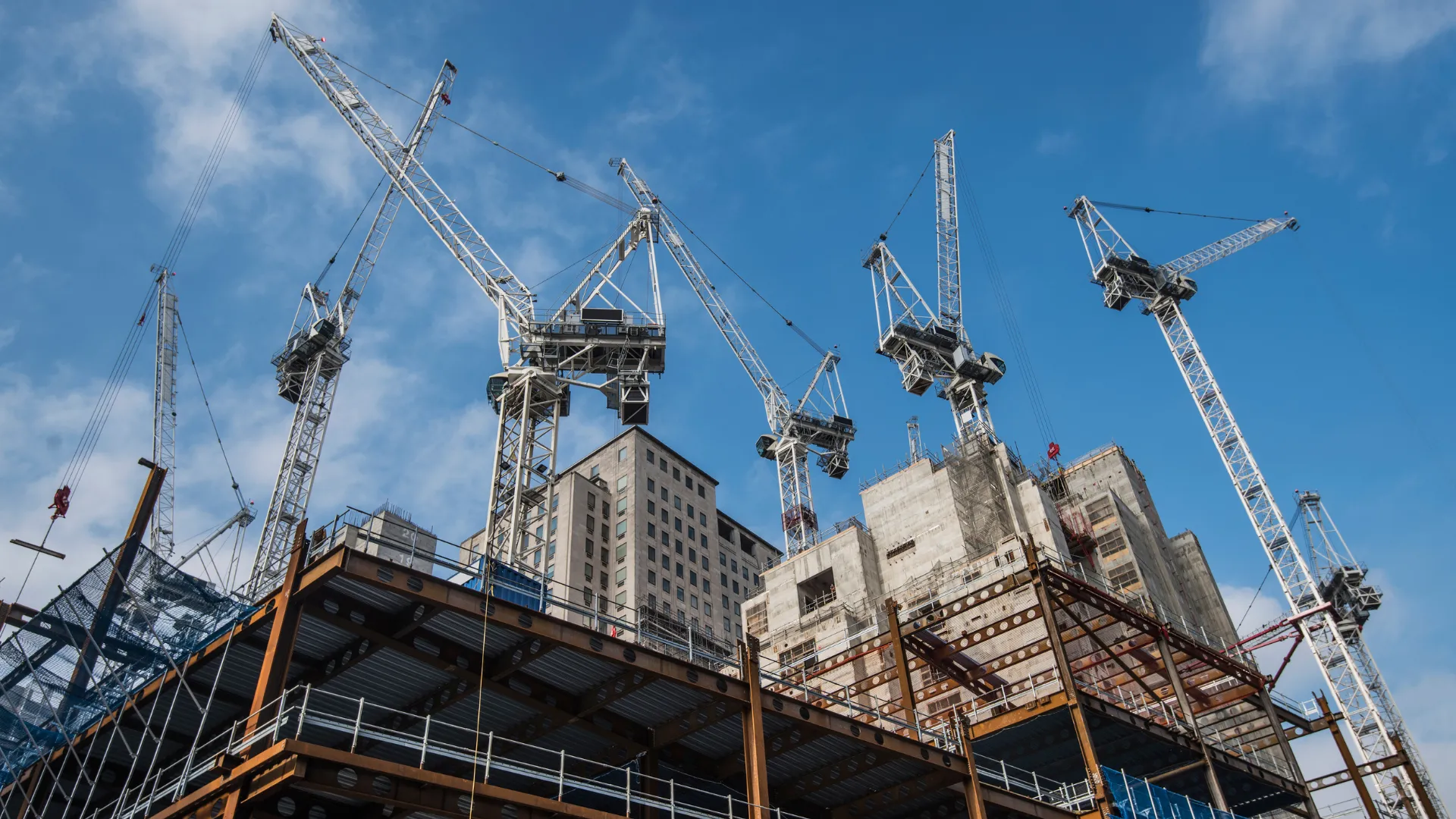07 / 31 / 25
Implications of the Implementation of the Plan Against Gentrification in Mexico City
MEXICO CITY, MEXICO, July 31st, 2025 – On July 16, 2025, the Plan Against Gentrification in Mexico City entitled “Bando 1, for a livable and affordable city with local identity and roots” (the “Plan”) was published in the Official Gazette of Mexico City.
The Plan contains 14 comprehensive actions to prevent the phenomenon of gentrification, the displacement of residents and local businesses by others with greater buying power, and the excessive increase in rents in the areas of real estate tension within the City, which includes traditional neighborhoods of the Cuauhtémoc and Miguel Hidalgo districts (the “Zone”).
Among other measures, the Plan mainly contemplates the stabilization of housing rents, the establishment of a Reasonable Rental Price Index, the creation of a law regulating rent prices in the Zone, and the creation of a Tenants’ Rights Ombudsman Office.
In view of the above, the main actions contemplated in the proposed Plan are highlighted below:
- Rent Stabilization: Rents in the Zone will be stabilized by prohibiting annual increases above the National Consumer Price Index published by the National Institute of Statistics and Geography from the previous year, and by creating the necessary legal instruments to ensure its compliance;
- Reasonable Rent Price Index: The “Reasonable Rent Price Index” will be established to stabilize rents in the Zone by applying comprehensive policies in favor of community strengthening, urban inclusion, and curbing involuntary displacement;
- Regulation of Short-Term Rentals: Control over the rental of housing intended for short stays offered through temporary lodging platforms such as Airbnb will be reinforced, ensuring full compliance with current regulations and establishing clear and precise criteria to regulate the operation of this type of accommodations;
- Tenants’ Rights Ombudsman Office: The “Tenants’ Rights Ombudsman Office” (the “Ombudsman”) will be created as the public body that will enforce the rights of tenants and landlords, apply sanctions in case of non-compliance with applicable legislation, and provide all types of assistance with respect to the rental of housing in the Zone;
- New Fair Rent Law: A proposal for a “Fair, Reasonable, and Affordable Rent Law” will be submitted to the Mexico City Congress, in order to stabilize housing rental prices throughout the city, including the Zone, and establish a balance between the rights and obligations of landlords and tenants, in addition to regulating temporary housing platforms and the creation of the Ombudsman;
- Strengthening of Public Housing: The social housing policy will be strengthened to prioritize the construction of public and affordable housing in Mexico City and in the Zone through the reinforcement of the “Public Rental Housing Program” and the expansion of the “Progressive New Housing” program;
- Master Plan in the Zone: A master plan will be developed to define guidelines to reduce inequalities in the Zone. This plan will be developed through active participation processes with current and/or original residents and will establish the guidelines, strategies, and actions to be applied within the area to be determined;
- Community Roots and Cultural Space Preservation: The “Program for Community Roots and Protection and Preservation of Public Space and Historical, Cultural, and Artistic Heritage in Neighborhoods and Communities” will be encouraged in order to promote the protection of the community heritage and restore collective memory through public policies that strengthen social cohesion, diversity, and plurality;
- Support for Local Businesses: A special support program for local businesses will be implemented to strengthen the neighborhood economy, ensure the permanence of Small and Medium Enterprises in communities and the Zone, and promote their rooting in the Zone. This will be done through seed capital programs, accessible credit for small businesses, protecting the traditional neighborhood commerce and supporting the creation of a program of support for the various trades that still remain in these areas, and
- Land and Housing Observatory: The Land and Housing Observatory will be created to monitor data on leasing contracts regarding their uses and prices of land and housing, including long and short-term rentals.
Given the above, it is essential to consider that, as a result of the Plan, oversight will increase regarding rent increase limits based on inflation as established in the Civil Code for Mexico City, the contractual relationships between landlords and tenants, as well as regulatory compliance concerning the characteristics required for urban development within the Zone, along with regularization of existing developments. The local government must issue guidelines to monitor compliance, including mandatory contract registration and updates, which will imply greater control over private agreements and sanctions for non-compliance.
Likewise, it is important to consider that the proposed law seeks to establish rent ceilings linked to official indexes, prohibit abusive clauses, and require the registration of lease agreements with an authority. It also proposes sanctions for violators and the creation of a mediation body (the Ombudsman). It is essential to foresee the necessary actions, since the Plan implies stricter control over rent and could be subject to amparo proceedings.
Similarly, implementing the proposed master plan in the Zone will require modifying urban development programs and possibly the Mexico City Construction Regulations, which may establish specific rules for certain areas, such as height limits, density, and mandatory social housing quotas. These modifications will impact processes and construction permits costs, so it will be necessary to evaluate whether they affect acquired rights or if they apply retroactively.
However, the creation of the Ombudsman is particularly relevant given the current uncertainty regarding reporting obligations for real estate developers and landlords, until its guidelines are not clearly defined.
At SMPS Legal, S.C., we are committed to provide preventive and not only reactive advice: reviewing contracts, properly structuring businesses, designing real estate structures to protect clients and provide support in the face of increasingly strict real estate regulation. Far from being an obstacle, for us this Plan represents a valuable opportunity for our clients to regularize, plan, and strengthen their operations with higher standards of compliance with the applicable legislation and the regulations that will be issued in due course.

